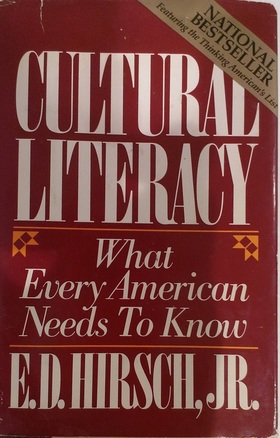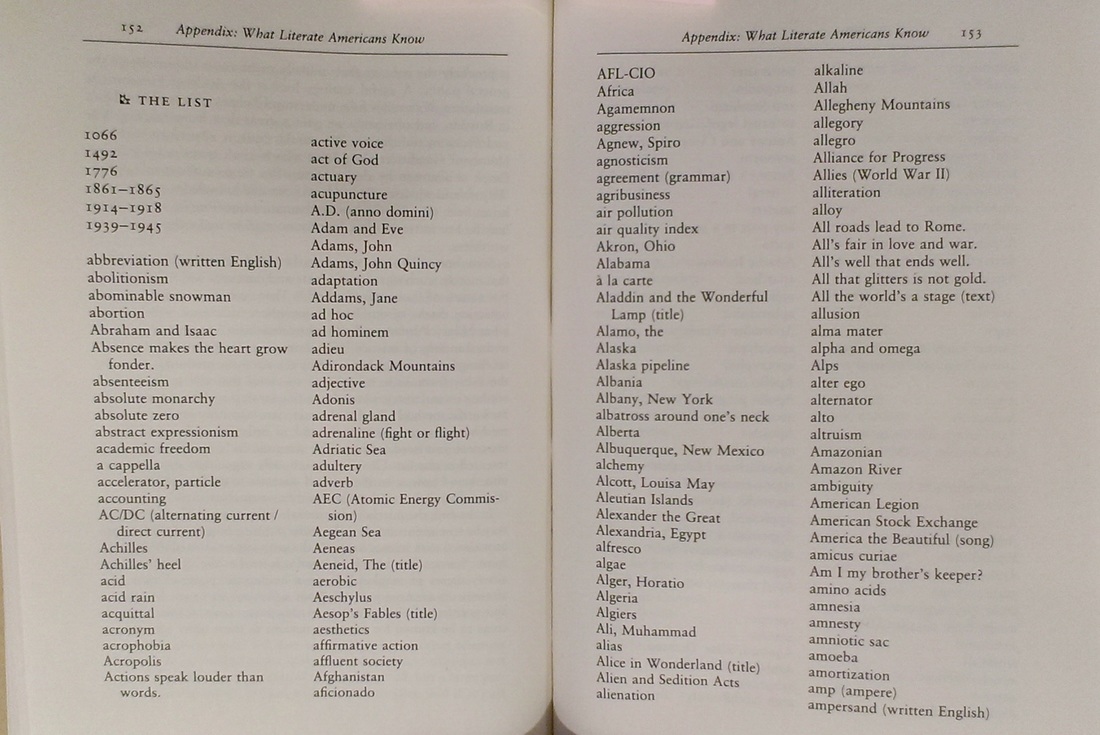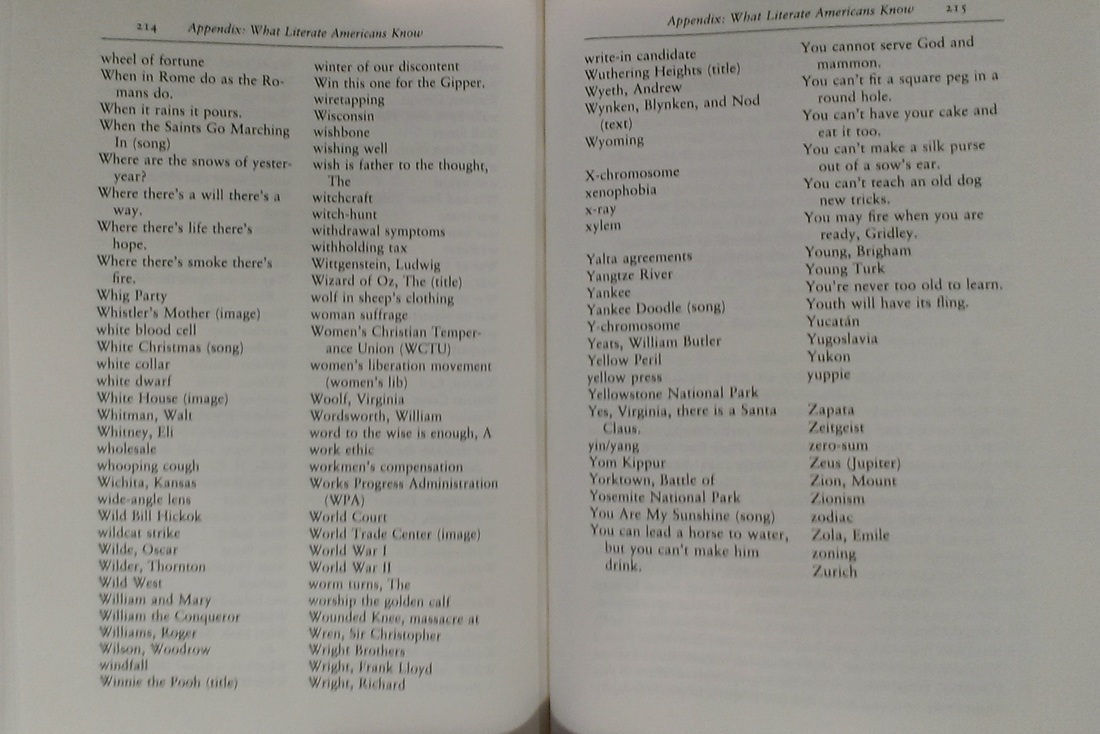Haiku Poseur
I
His petty rancor
Stirs not my tranquil bark, a
Ship tied at anchor.
II
As lazy verses
Scale his vanity’s arc, a
Vain fool rehearses.
III
He apes a Shakespeare
Whom—innuendos proffer—
Modesty makes peer.
IV
With scorn belittles
Sundry the tireless scoffer,
But pride embrittles.




 RSS Feed
RSS Feed